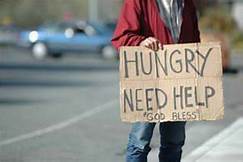Coins are gradually dropping out of visibility and the movement towards cashless is leaving many countries considering dropping coins altogether.

Canada stopped making one cent coins as far back as 2012 and the UK’s Royal Mint will not make any more £2 coins or 2p coins in the next 10 years because of the numbers currently in circulation and the movement towards cashless transactions. Among other countries cutting back on coins are the Bahamas, which has stopped making its lowest-denomination coins.
Said Lisa Cook, an academic economist and former White House aide in the Obama administration: “I think policymakers in industrialised nations are becoming more willing to eliminate lower-value coins.”
Less happy about the prospect of fewer coins being around are charities, who rely upon spare change. More than half of the donations to UK charities were made up of cash in 2019. In a survey, the Charity Aid Foundation said that £320m of charitable donations came from loose change in 2018.
All of this comes at a time when shops across the world are becoming gradually less enthusiastic about accepting cash for transactions. In some pars of the US shops that accept cash are becoming increasingly determined to ask shoppers to round up their purchases to the nearest full dollar.
This is a direct consequence of many items in shops having prices that end in .99, whether it is dollars, pounds or euros. But the Bank of England insists that only one in eight items sold in UK shops end in .99.
The impact of removing 1p or 2p coins, or 1c or 2c coins in Europe, will therefore be negligible - except to charities and the homeless in the streets.

